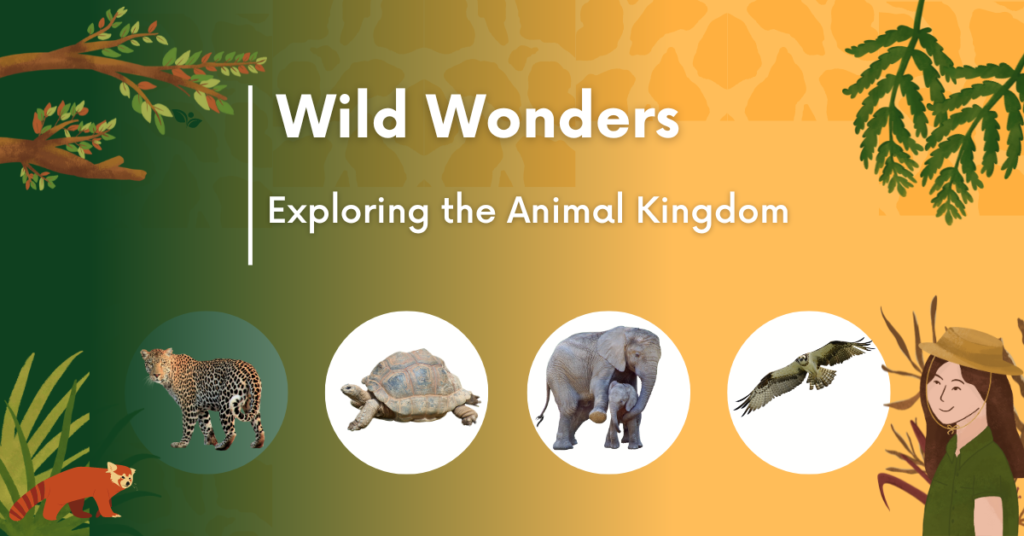Wild animals are those that reside in forests. They are not kept in our houses. They reside in various locations. Some dwell in the water, and others live on land. Some species are found living on both water and land. Among the wild creatures are lions, tigers, elephants, pythons, etc.
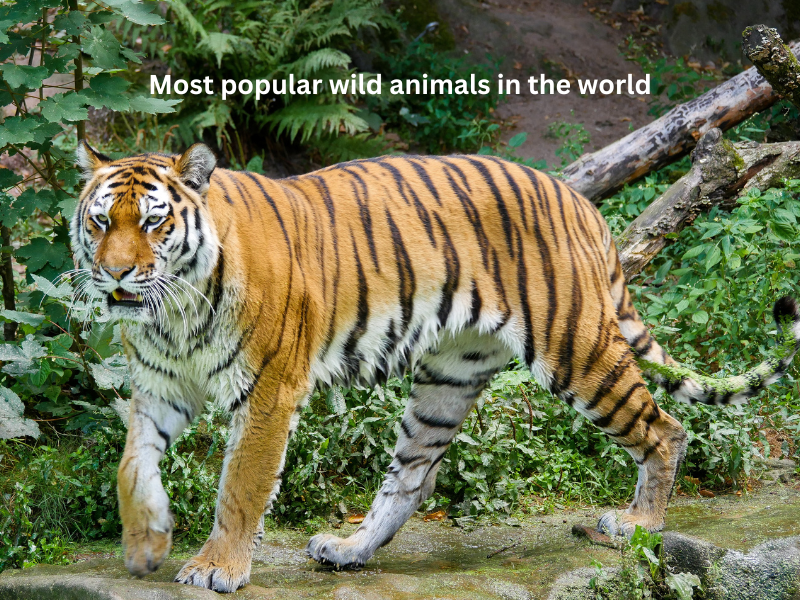
Why is it important to conserve the biodiversity of the earth?
They encompass various animals, from delicate butterflies and vibrant birds to stately elephants and powerful lions. They work to protect biodiversity and promote the well-being of human society.
The preservation of biodiversity requires wildlife. All species contribute to the intricate web of life on Earth, regardless of size or apparent insignificance. Ecosystem production is increased, resilience to environmental change is provided, and stability is ensured by biodiversity.
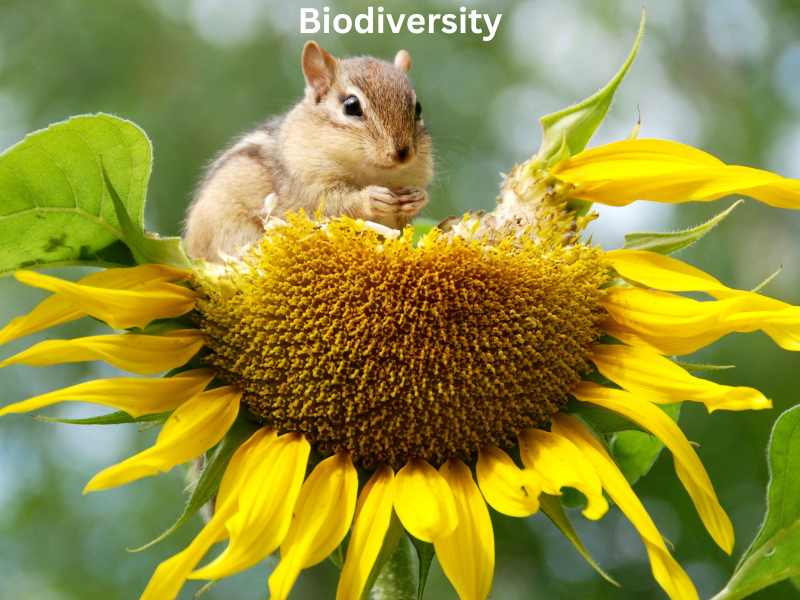
Balance of ecology
Without wild animals, ecosystems would experience imbalances that would negatively impact plant populations, water cycles, and the general health of the ecosystem.
They also do out essential ecological tasks. As pollinators, varieties of species help plants reproduces and ensure that humans can produce food. Predators, among others, aid in regulating prey species numbers, preventing overpopulation, and preserving the delicate environmental balance. They have an impact on soil health and seed dissemination, both of which support the stability of the ecosystem as a whole.
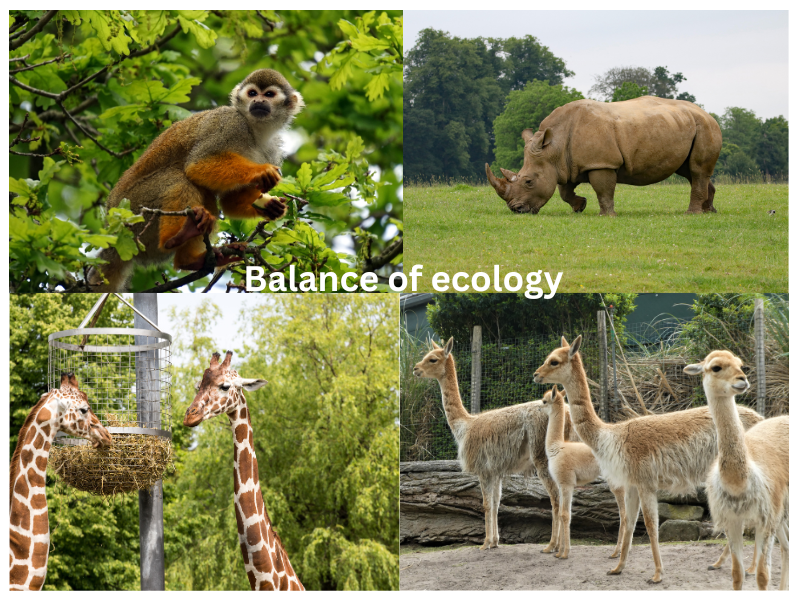
Wild Animals in a Zoo
They have cultural and economic significance in addition to their ecological significance. Particularly when it comes to tourism, individuals can enjoy and value the richness and beauty of nature while also supporting conservation initiatives. Additionally, they offer a host of advantages for human welfare.Reducing stress, elevating mood, and fostering a connection with nature can all be achieved by spending time in, observing, and connecting with natural areas. For example, the Zoo.
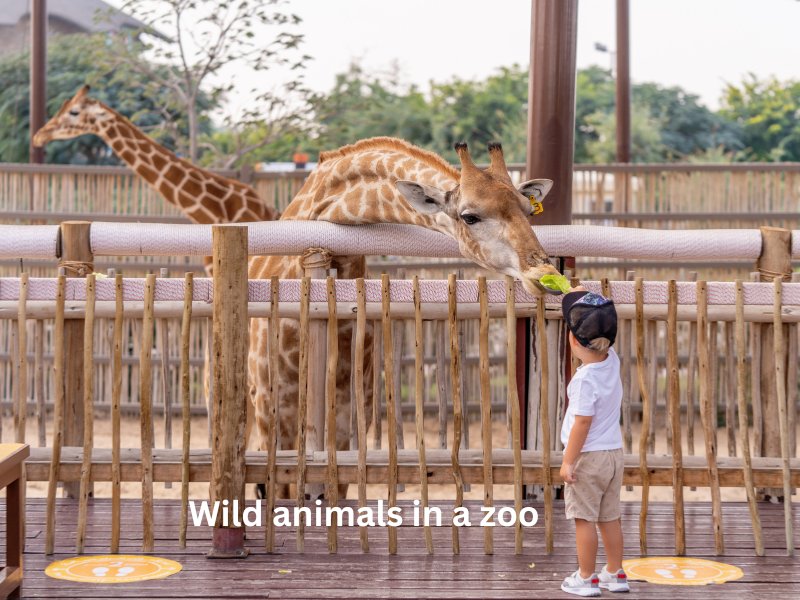
However, a number of issues confronting wild animals today include poaching, illegal trafficking, pollution, habitat degradation, and climate change. For the future of our world to be sustainable, they must be conserved and protected.

This calls for initiatives to protect habitats, the wise use of natural resources, conservation campaigns, and public understanding of the significance of these things. It has a significant role in ecosystem function, supporting human well-being, biodiversity, and environmental health. It is not only our duty to safeguard them, but also a chance to guarantee a thriving and healthy Earth for coming generations.

